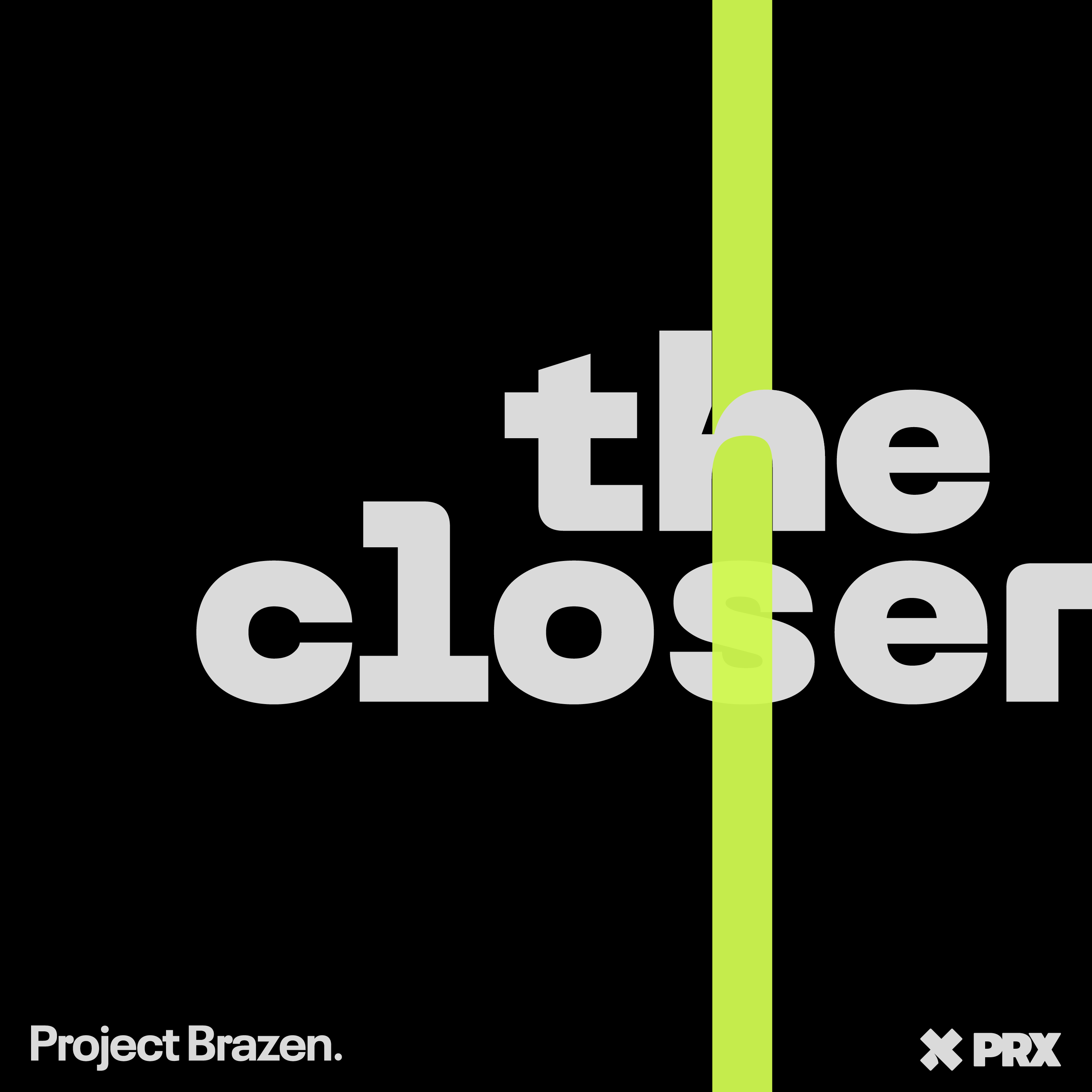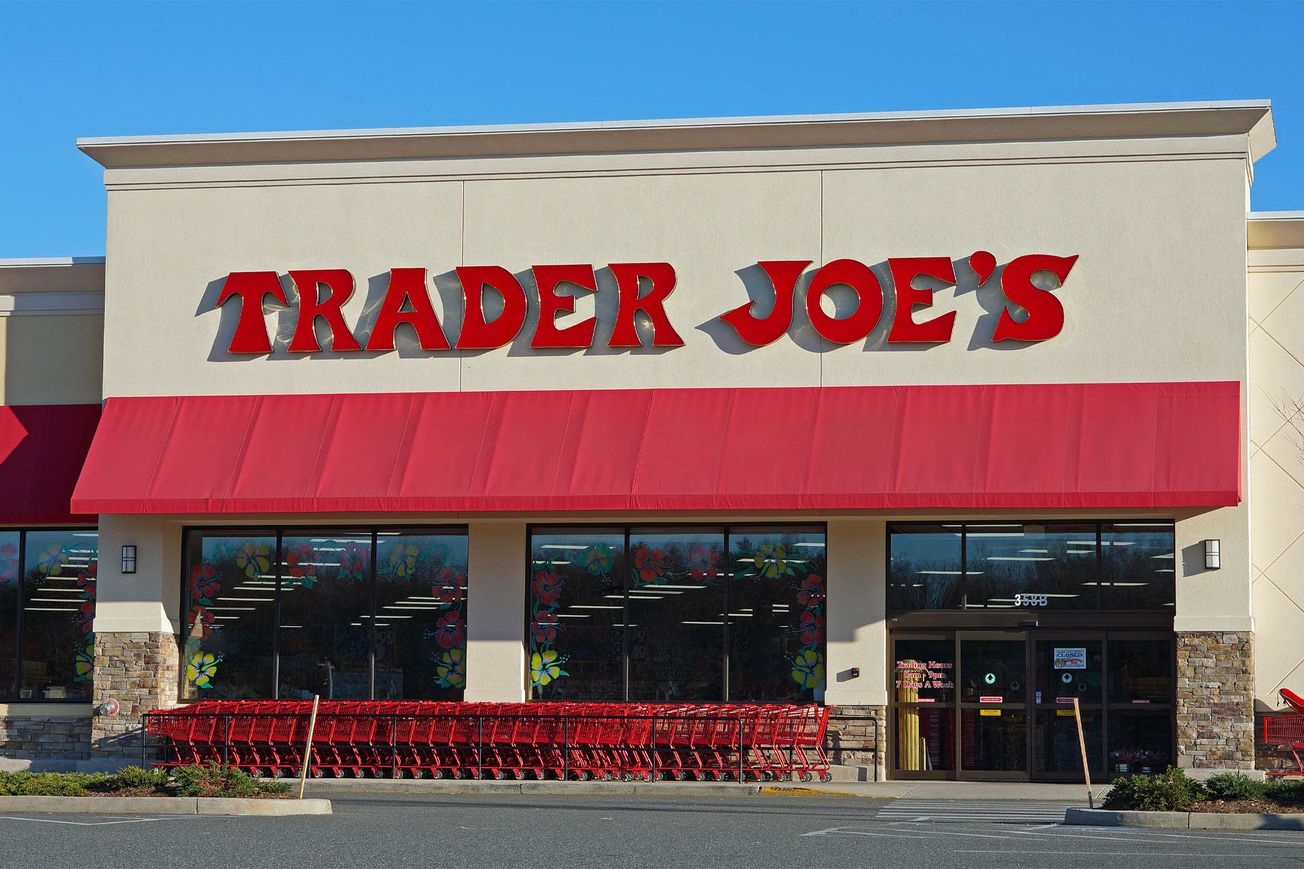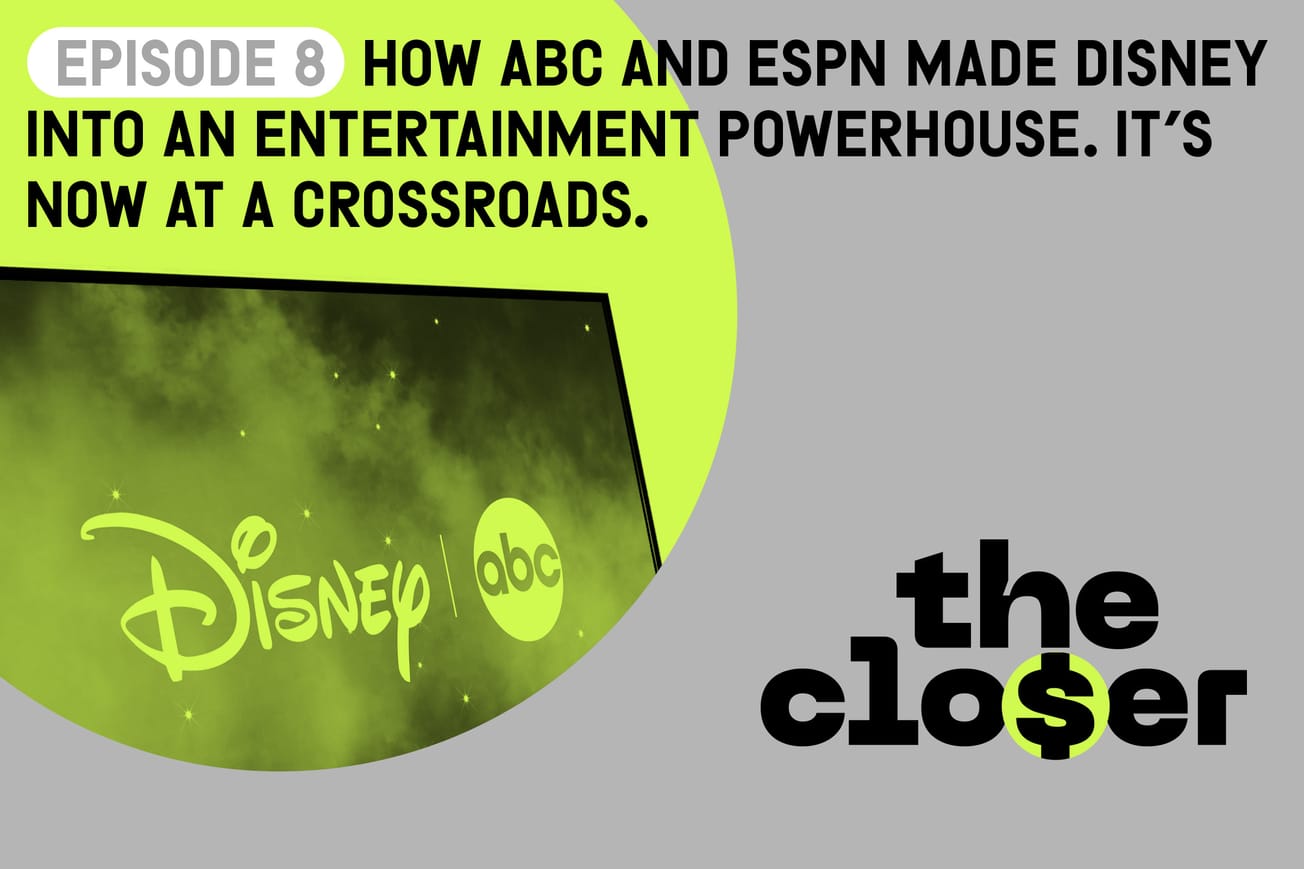Long before Signature Bank was shuttered by New York regulators, the author of the crypto-focused newsletter Dirty Bubble Media called out the problems at the bank.
In a January 10 newsletter, subject line “Signs of Trouble at Signature Bank,” Dirty Bubble Media laid out the issues that would catch up with Signature in the following months: massive exposure to crypto deposits; long-standing “know your customer” issues, including relationships with numerous FTX entities; a proprietary blockchain that allowed customers permissionless money-transfer capabilities.
It was enough to give any wisened compliance officer an ulcer, if such a person existed at Signature Bank.
To understand exactly why Signature Bank was shut down, and what clue there were to the coming storm, I interviewed Dirty Bubble Media. Here’s a edited transcript of our chat.
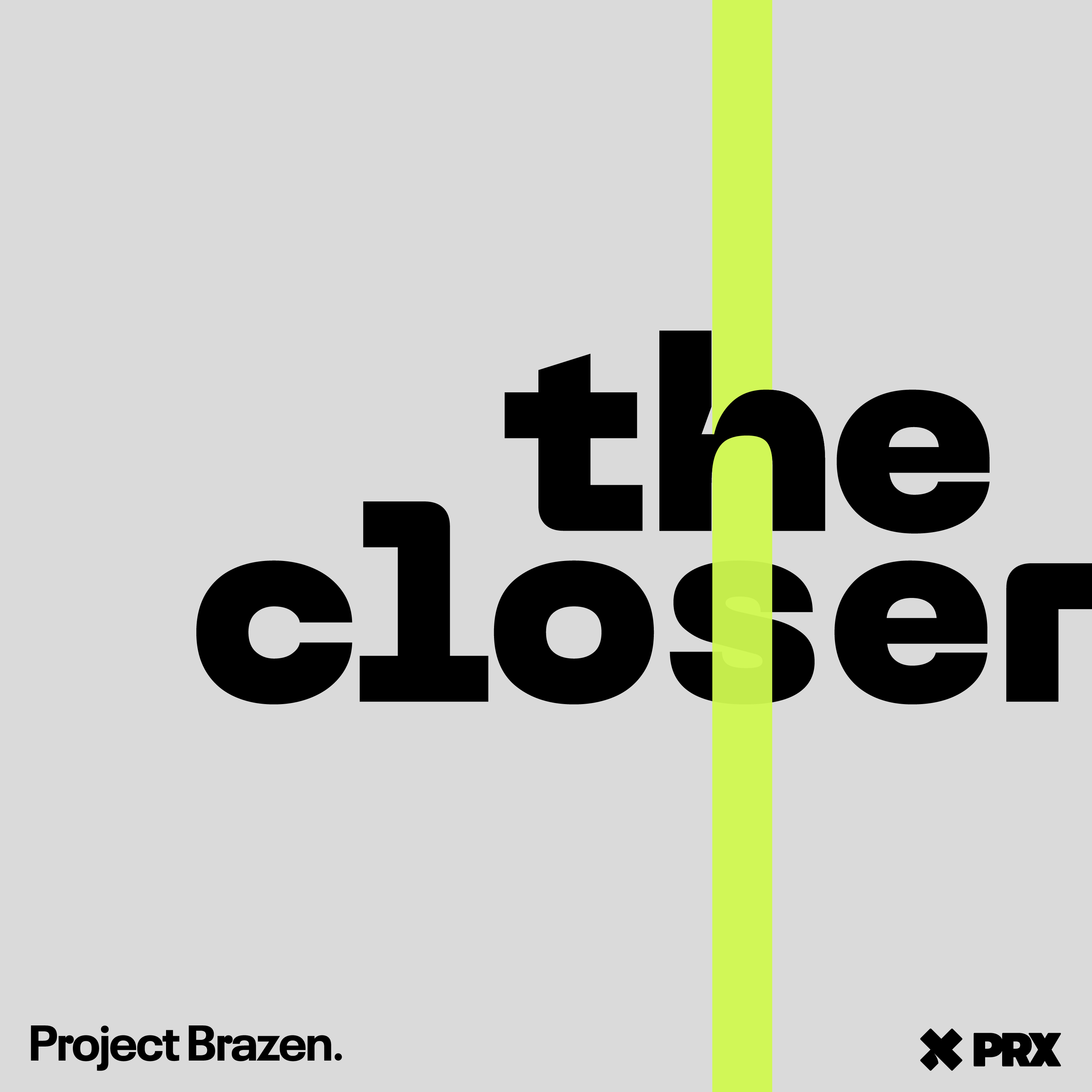
Financial Times journalist Tabby Kinder was one of the first to report on weaknesses at Silicon Valley Bank. In this episode of The Closer, she breaks down the bank's swift collapse and tells us what it's been like covering the story as it unfolds. Read Tabby's reporting at ft.com/tabby-kinder
Disclosure: Dirty Bubble Media owned, as they put it, “too few put options” on Signature Bank stock ahead of its collapse.
Let's start at the beginning. What made you think that something was off at Signature Bank?
Basically, my thought was that anybody who's willing to do business with crypto companies like FTX probably has something wrong with it. My concerns just kind of grew the more I learned about the company and I found out that they were banking a number of different entities outside of just FTX that were very questionable. The design of their Signet blockchain, which essentially allows permissionless transfers of money internally between all these different companies with basically zero oversight on the part of the bank also seemed kind of suspicious.
The other thing was that because they were holding a large amount of deposits for stable coins and for exchanges, I was concerned that they were holding a lot of hot money that in the event of, say, a sudden bank run or a loss of confidence that they could see massive withdrawals that could put them at risk of at least losing a substantial amount of money, if not going insolvent altogether.
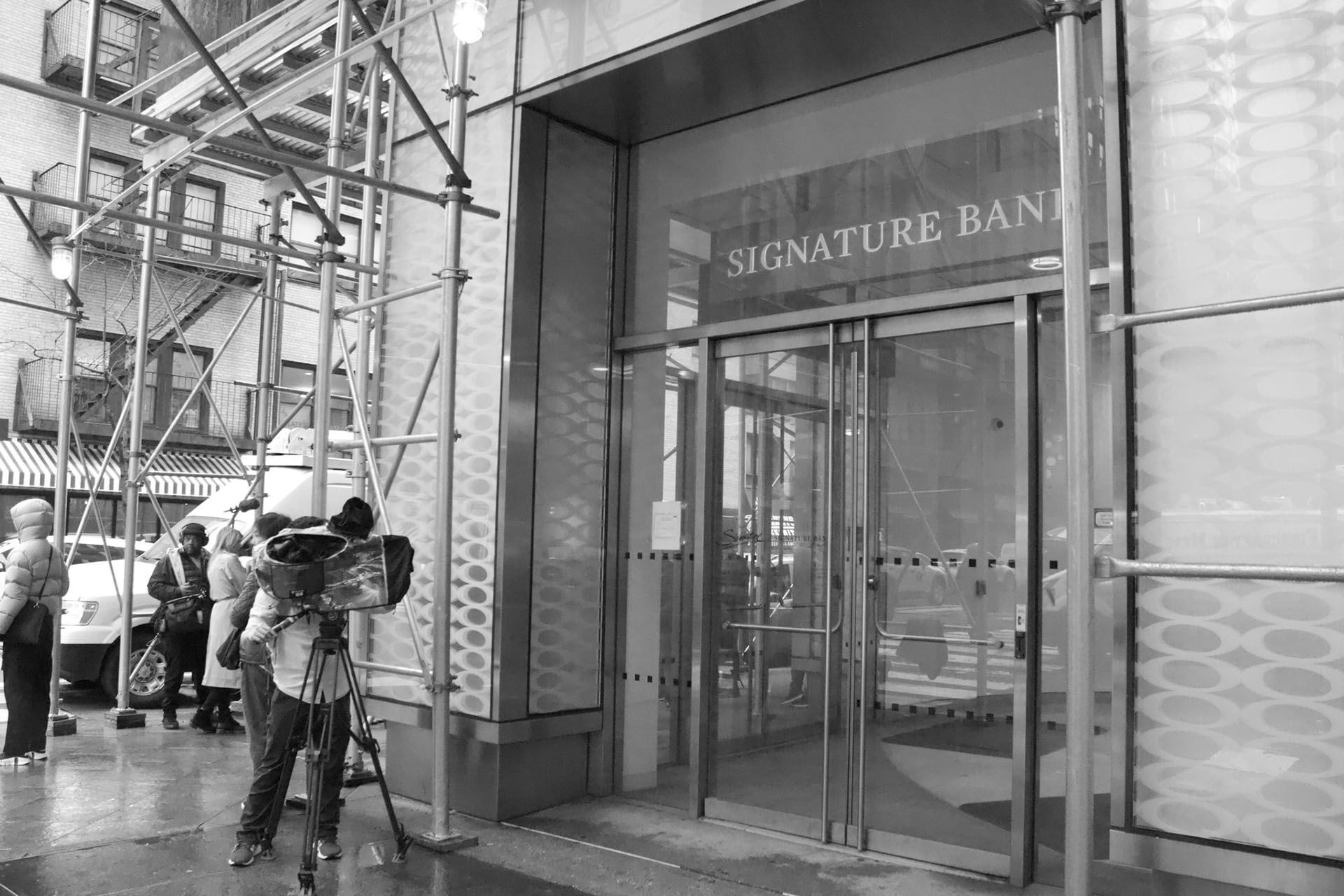
Why could holding deposits for a stable coin set up a bank up for a run?
Signature Bank was basically offering services to a number of different entities and a couple stable coins which are dollar pegged or dollar backed tokens that are issued on the blockchain. They have to store the dollars somewhere, and a lot of them they choose to do it in a mixture of different assets, but they do have to hold a substantial amount of cash in the event of sudden withdrawals. So Signature Bank was holding a large amount of money for the USD stable coin, as well as for the TrueUSD stable coin and potentially others as well.The risk is essentially that deposits can be recalled at any time and the nature of the volatility within the crypto industry is that panics can spread very quickly. Signature was also banking a number of exchanges which hold the large amount of customer funds on their books. So they kind of had a dual whammy of risk – these stable coins and exchanges.
Let's back up talk about what Signature Bank is, beyond its newfound role as a crypto bank.
Signature has been around for I think about 20 years. They were focused more on commercial and residential real estate loans, as well as servicing wealthy clients through private banking type stuff. Their most notable relationship would be with Donald Trump and the Kushner family. Ivanka Trump was on their board at one time as a director, and they made large some large amounts of both personal loans as well as I believe real estate loans to the Kushner family. But signature was always kind of dogged by problems. They were one of the few like larger banks to be involved in the taxi medallion collapse in New York. In practice, they had a lot of interesting connections that outside of crypto that also made it kind of suspect,
If Ivanka Trump is on your board of directors, it's fair to say that corporate governance is not necessarily your strongest priority.
Signature Bank really was uniquely focused on banking crypto clients in a way that other large- and medium-sized US banks were not.
They offered a very specific set of services that few banks in the country were willing to offer. The only one that would be comparable with Silvergate. And obviously they met a similar fate a few days before. The difference was that Signature also had other lines of business and I think that was part of the reason that people weren't focusing on the risk there. I talked to people in hedge funds, and I talked to analysts, and there were a couple who saw the risk, but a lot of them told me ‘well there's a risk there, but it's not that big of a chunk of their deposits. So there'll be okay even if they lose all these crypto deposits.’ But, you know in practice, you could look at their cash balance and say, Okay, well, if it was always crypto deposits quickly, and other people started saying Hey, why are you guys doing business with people like FTX in finance, and other characters? They might lose confidence in the bank as a whole and that's I think what happened?
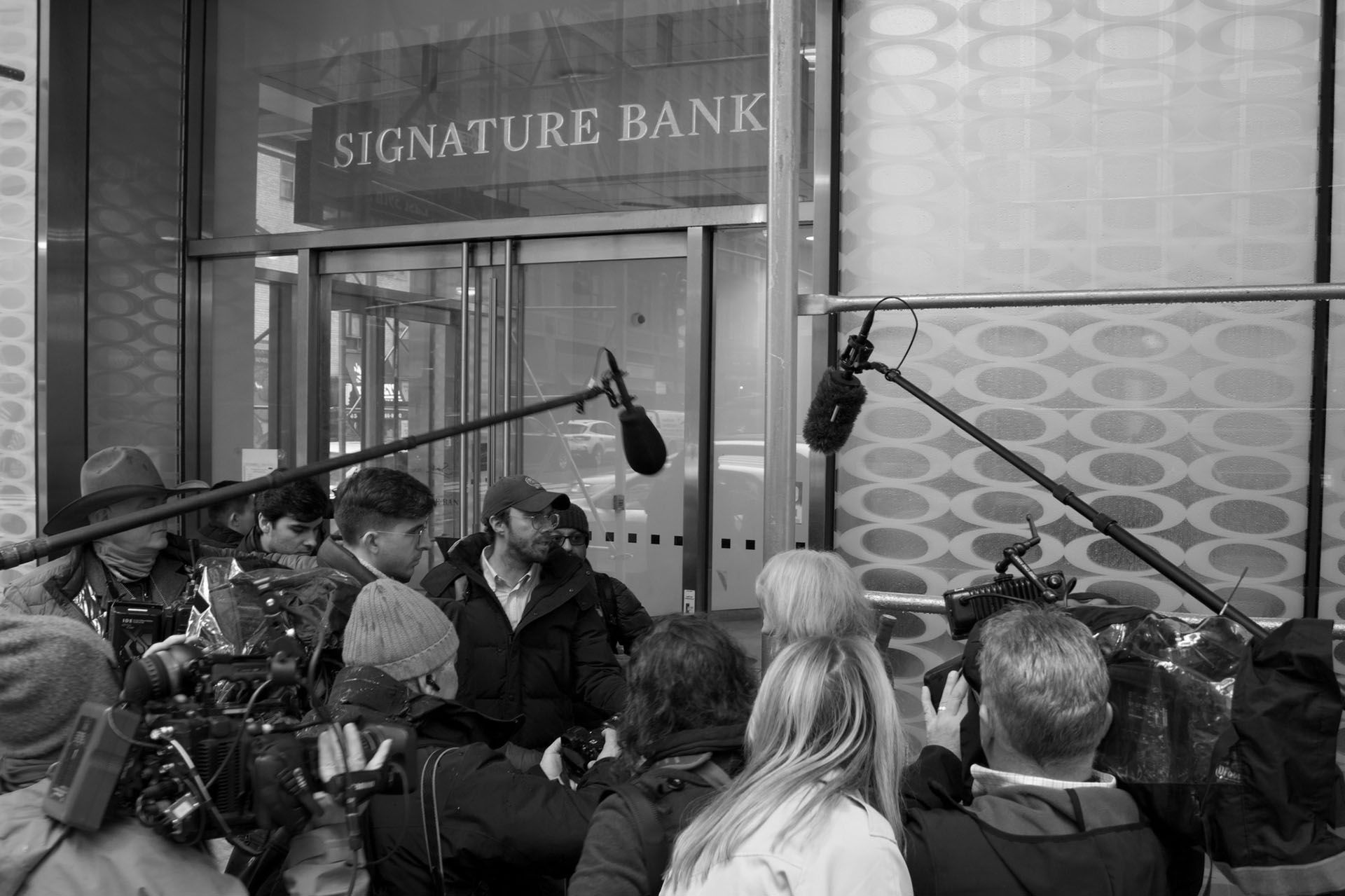
Explain this specific crypto product that they offered.
It's a private blockchain. The only people that can use it are customers of Signet that were on-boarded into the Signature program. And basically, what it allowed for was you could transfer the coins, called Signets, between different accounts at will 24/7, 365. [Now-defunct crypto bank Silvergate operated a similar network for its clients.] And this was how stable coins operated to a large extent. It's permissionless just like any public blockchain and there was something like a trillion dollars in revenue or a volume just on the Signet blockchain. My hypothesis is that these two blockchains were perhaps even more integral to the whole crypto economy than the actual public blockchains are because I think that's how they move the real money between the different entities.
That's a pretty insane line of business to offer to any banking client, but specifically crypto clients.
The bank was saying that this is like a private club. And in order to get into the private club, you have to pass these very stringent high level know your customer (KYC) like procedures, because once we let you in, then you can do whatever you want. Right? In practice, what you'll find and you know, I haven't actually written about all of the scammy companies they have on their list. So, I have to wonder how stringent their KYC was. And I think that's probably why the Justice Department is looking into them right now. [Bloomberg has reported that Signature faced a federal criminal investigation before it collapsed.]
